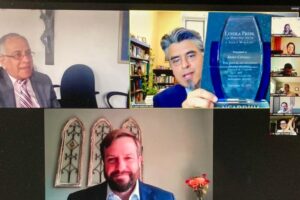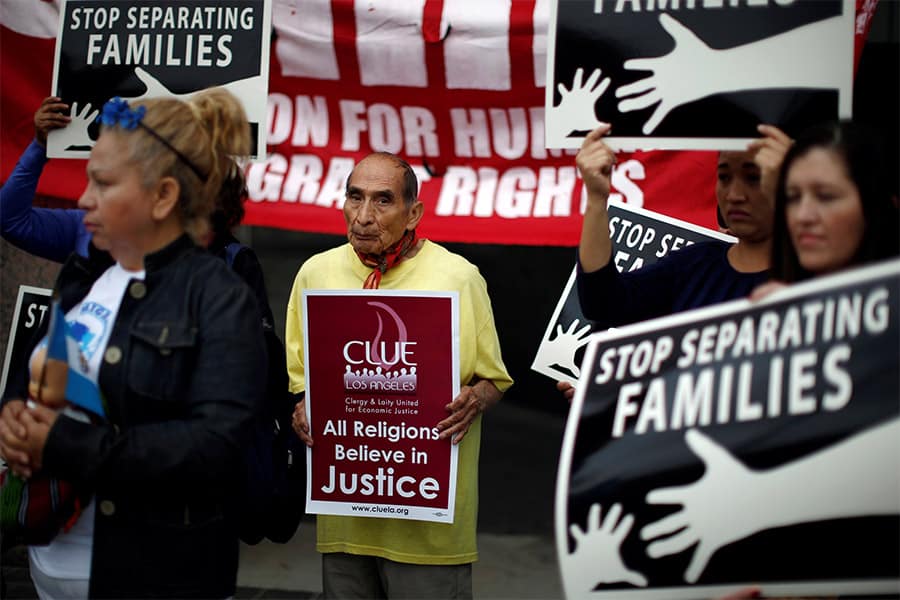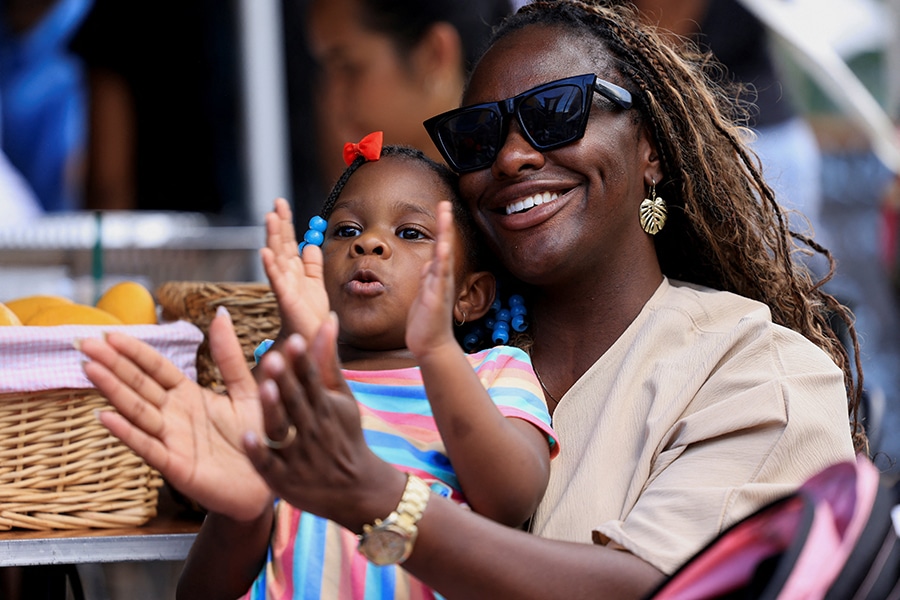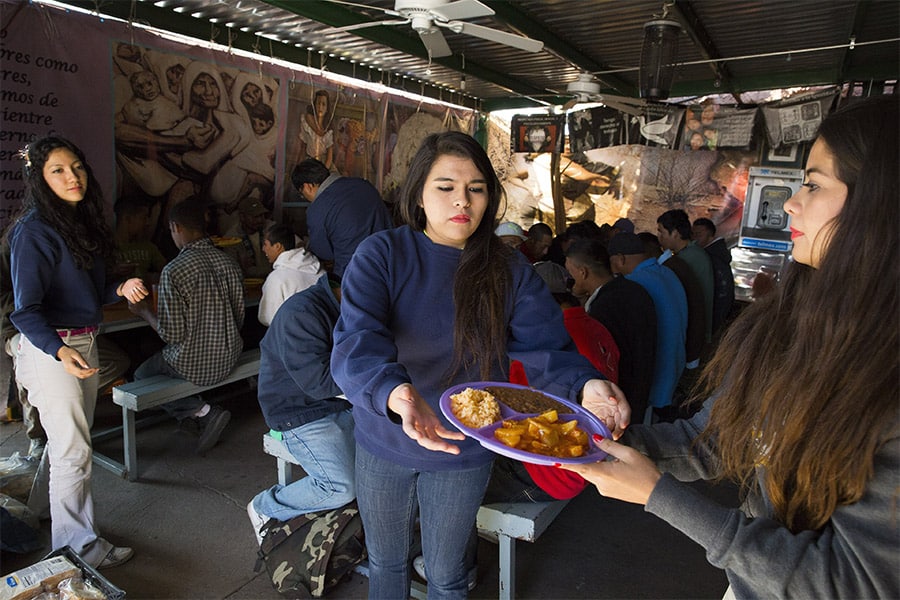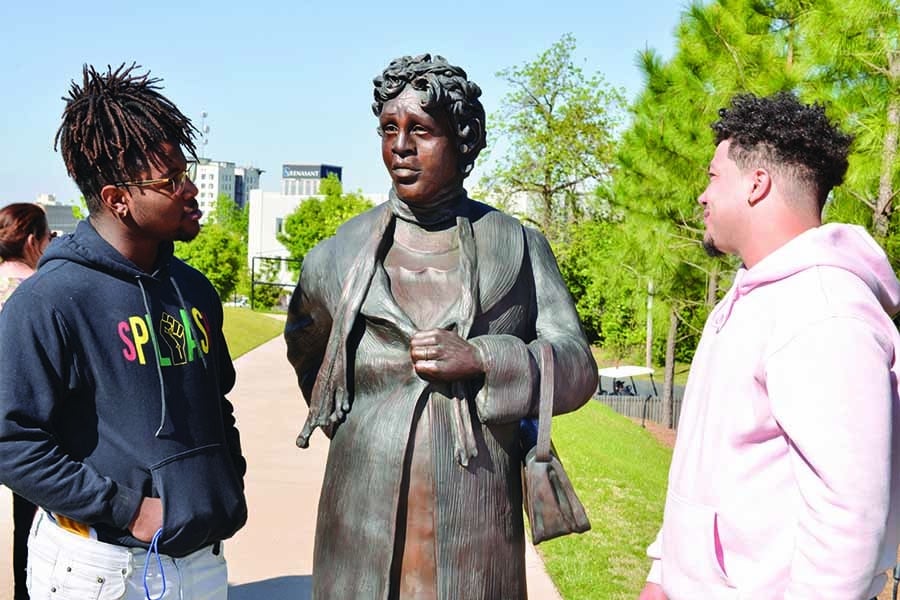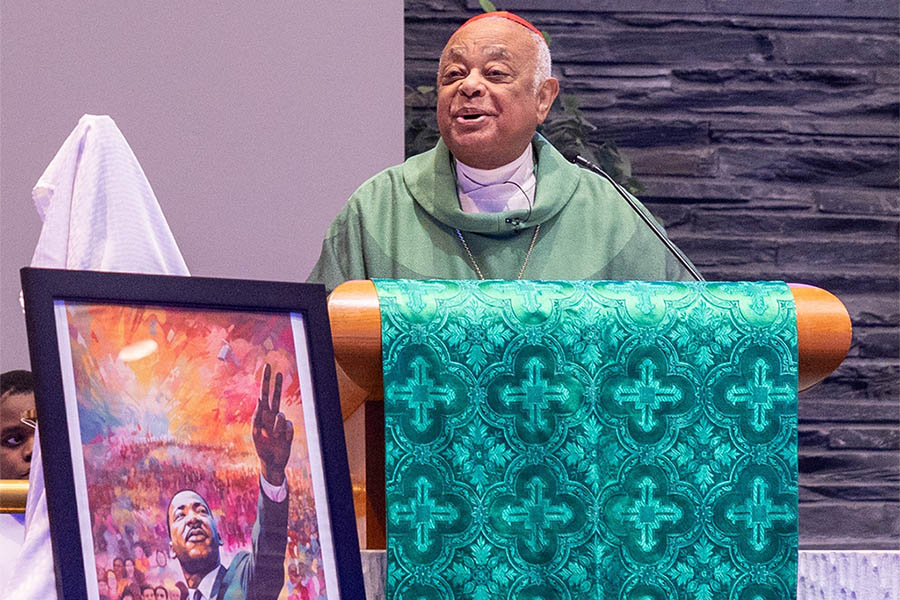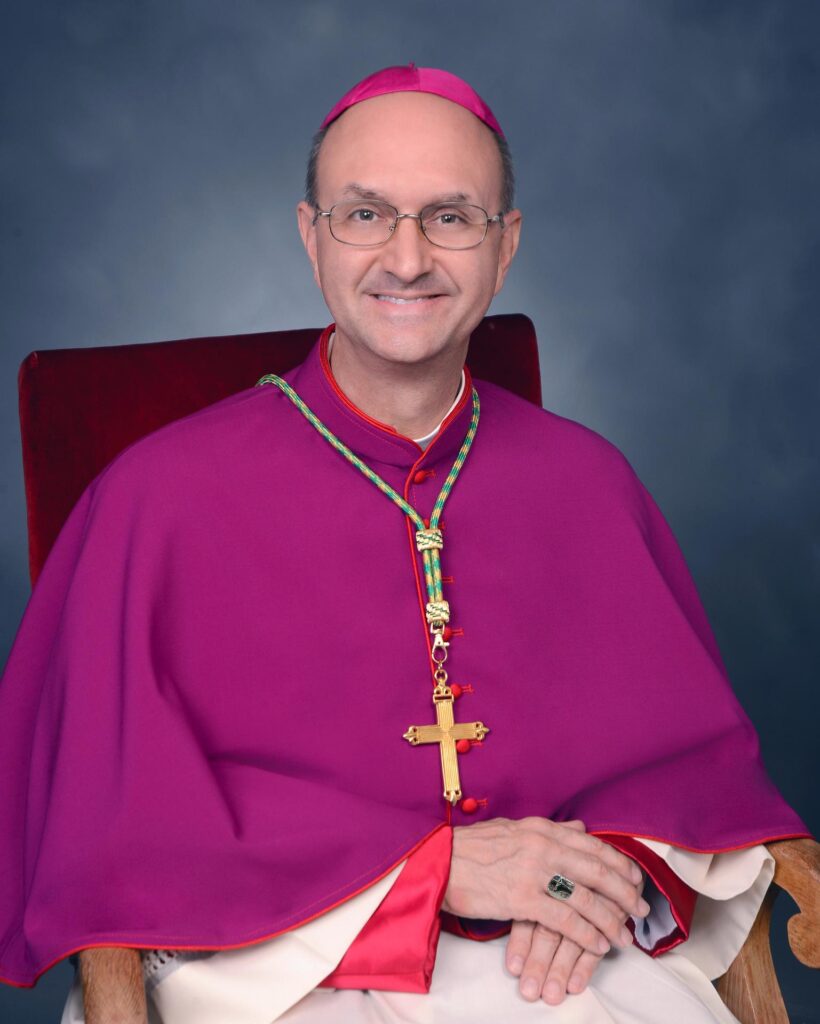
When a dark-skinned man wearing old, dirty clothes walked into a church and approached the altar rail, the parish secretary saw him through the security camera and suspected he was about to commit a crime.
In a matter of minutes, the police arrived and interrogated the man. It turned out that the man’s brother died in his home country and he wanted to light a votive candle beneath a saint’s statue and say a prayer for his brother’s soul.
“Every crisis requires an answer and a plan of action to become a church and a world less racist,” said Auxiliary Bishop Bruce A. Lewandowski, C.Ss.R., recounting the incident during a session of the National Catholic Association of Diocesan Directors for Hispanic Ministry’s virtual conference Sept. 28-30.
In the case Bishop Lewandowski cited, which happened in a parish outside the Archdiocese of Baltimore, someone had to speak and apologize to the man for the hurt it caused him and someone else had to speak to the secretary about her approach to people in the parish.
Bishop Lewandowski’s workshop focused on pastoral answers to racism. Building on the theme of the conference, “Living the synodality in Hispanic ministry,” the bishop called racism the “enemy of synodality.”
Bishop Lewandowski, who leads Archbishop William E. Lori’s Journey to Racial Justice coordinating council, described synodality as a new term that expresses the identity of the church as the people of God on a pilgrimage toward God’s kingdom. It underlines the common dignity of all Christians and affirms their co-responsibility in the evangelizing mission.
He defined racism as that which makes people see the “other” with suspicion or causes them to attribute negative characteristics toward a particular group of people.
While synodality brings love, unity, understanding, solidarity and fraternity, racism brings the opposite, which is violence, division, prejudice, hatred, destruction and fear.
“God’s dream is a world without racism,” Bishop Lewandowski said, noting that changing attitudes, systems and feelings won’t happen overnight.
“Racism is a life process,” he said. “The goal is to build an environment intolerant to racism.”
Bishop Lewandowski encouraged his audience not to single out other individuals as racists but to make an honest introspection.
“Only then we can look around and detect racist patterns, barriers and obstacles which impede the people to live the synodality in fraternity and unity,” Bishop Lewandowski said. “We have to recognize our past and present where victims of racism are not only African Americans, but also many immigrants.”
We want a transformation to become “more like Christ,” said the vicar for Hispanic ministry in the Archdiocese of Baltimore, “and toward the goal of “an environment which does not tolerate racism.”
The goal is to create an environment that embraces unity, fraternal and Christian love.
To achieve “an environment intolerant toward racism,” Bishop Lewandowski suggested tools for leaders in Hispanic ministry such as support from facilitators, speakers, social media, prayer and resources.
Among those resources were “A Pastoral Letter on Racial Harmony” from retired New Orleans Archbishop Alfred C. Hughes, “Open wide our hearts” from the U.S. Conference of Catholic Bishops and “A Journey to Racial Justice” from Archbishop Lori.
“Although racism is not an easy topic,” Bishop Lewandowski said, “every crisis is an opportunity for learning in the process of healing, transformation and reconciliation.”
Visit https://www.archbalt.org/journey-to-racial-justice to find more about the archdiocese’s response to racism
Email Priscila González de Doran at pdoran@CatholicReview.org
Also see
Copyright © 2021 Catholic Review Media
